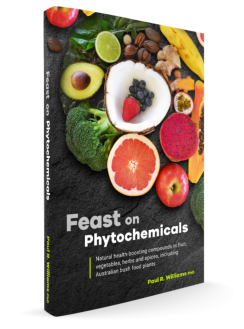The health benefits
The Australian dietary guidelines recommend adults eat at least two serves of fruit and five or six serves of vegetables daily for our health.
Phytochemical Health Benefits
Eating this amount of plants provides plenty of fibre, minerals and phytochemicals. The phytochemicals in the plants we eat provide important health benefits through their antioxidant and anti-inflammatory properties, and their ability to enhance detoxification, promote beneficial gut microbes and to help us maintain a healthy weight.
The antioxidant properties of phytochemicals help stop the oxidising damage to our bodies caused by compounds called free radicals. The browning of a sliced apple and the rusting of iron are examples of oxidation. In both cases there has been a chemical change, and when this occurs in our bodies it can contribute to ageing and a range of chronic diseases, including Alzheimer’s and heart disease, and some cancers, such as of the lung and liver.
Antioxidants stabilise free radicals, limiting their harm. Plants make various phytochemicals to work as antioxidants to protect themselves from free radicals. We receive the benefits of plant antioxidants when we eat fruit, vegetables, herbs and spices.
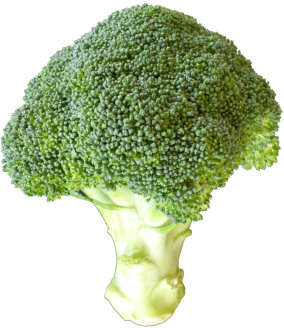
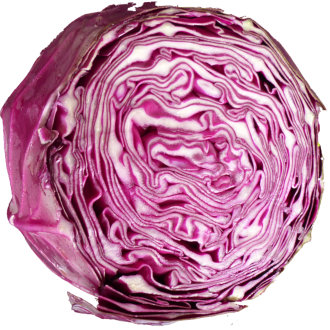
Plants containing phytochemicals with direct antioxidant properties include apples, blueberries, cabbage family vegetables, citrus, garlic, ginger, grapes, onions, pomegranate, rosemary, tea and turmeric. Some phytochemicals are fat soluble, such as lycopene which provides the red colour of tomatoes. These are better absorbed when eaten with fats, such as olive oil. Water soluble phytochemicals with antioxidant properties include flavonoids, such as anthocyanins in blueberries and catechins in tea.
In addition to direct antioxidant actions, many phytochemicals possess the amazing capacity to stimulate our bodies to make powerful antioxidants. They do this by activating a protein within our cells called Nrf2, which stimulates the production of the antioxidants glutathione and superoxide dismutase (SOD). Phytochemicals that can stimulate the production of glutathione and SOD include allicin in garlic, anthocyanins in blueberries, curcumin in turmeric, sulforaphane in broccoli and cabbages and catechins in tea.
Phytochemicals also provide important health benefits by reducing inflammation. Inflammation is important for healing. However, inflammation is a problem when it doesn’t turn off, which is called chronic inflammation. The immune system starts to attack healthy tissue, such as brain cells and blood vessels, or overreacts to harmless proteins, triggering allergies. Chronic inflammation is implicated in a wide range of diseases, including arthritis, cardiovascular disease, dementia, depression and some cancers.
Chronic inflammation can be promoted by a diet with an overabundance of seed oils (usually called vegetable oils) that are high in omega 6 fats, especially from corn, cotton, soy and sunflower seeds. These oils are often used in processed foods. Our bodies use omega 6 fats to manufacture inflammatory compounds, such as prostaglandin E2. In contrast, omega 3 fats are used to make anti-inflammatory compounds, such as resolvins. Omega 3 fats include alpha linolenic acid (ALA), which is produced by plants and is especially abundant in flax seed and purslane (also called pigweed, Portulaca oleracea). Other important omega 3 fats are eicosapentaenoic acid (EPA) and docosahexaenoic acid (DHA) from fish, especially wild salmon and sardines, with smaller amounts in grass fed livestock. Omega 9 fats, such as oleic acid in olive oil and macadamia nuts, are also thought to reduce inflammation.
Eating plenty of fruit, vegetables, herbs and spices can help reduce inflammation because many phytochemicals inhibit the actions of two compounds in our cells that are critical in the inflammatory process: NF-κB and the enzyme COX-2. Constraining COX enzymes is also the mechanism by which aspirin reduces inflammation and thins the blood. By inhibiting NF-κB and COX-2, phytochemicals limit the production of inflammatory compounds that are made from omega 6 fats. In this way, phytochemicals complement the anti-inflammatory benefits of a diet high in omega 3 fats from fish, flax seed and leafy plants, and low in omega 6 fats from seed oils such as used in many processed foods. Phytochemicals that reduce inflammation by inhibiting the activation of NF-κB and COX-2 include capsaicin in capsicums and chillies, curcumin in turmeric, diallyl disulfide in garlic, eugenol in cloves, gingerols in ginger, quercetin in onions and tomatoes, resveratrol in red wine and grapes, and sulforaphane in broccoli.

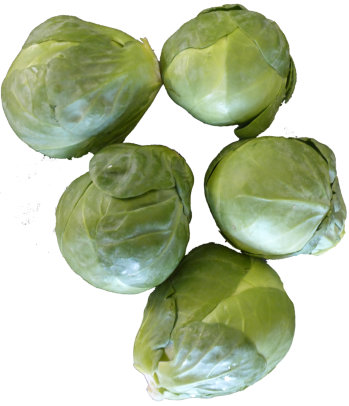
Eating plants can contribute to maintaining a healthy weight. This is partly as a result of fibre and healthy fats, which quickly satisfy our hunger. Fibre and some phytochemicals can reduce the rate and amount of glucose absorbed from our food, thereby helping restrict both blood glucose and insulin levels. Phytochemicals that can help lower glucose absorption include anthocyanins in blueberries, catechins in tea and ellagitannins found in raspberries and strawberries. Fibre and some phytochemicals also feed healthy gut microbes, which contribute to weight management and overall health.
Eating abundant plants contributes to a healthy life style that can reduce the chance of developing some cancers. There is evidence that many phytochemicals can help inhibit the development, survival and spread of some cancers, such as breast, prostate and colon cancers. These phytochemicals include lycopene in tomatoes, polyphenols in berries, citrus, flax seed, tea and turmeric, and sulphur compounds found in cabbage family vegetables (e.g. broccoli and kale), garlic and onions.
There are several valuable sources of information about the capacity of phytochemicals to contribute to the reduced risk of some cancers. These include books and websites by Brisbane surgeon Dr David Wilkinson https://foodagainstcancer.com and Canadian cancer researcher Dr Richard Béliveau https://www.richardbeliveau.org/en
Phytochemicals contribute to cardiovascular health by providing antioxidant and anti-inflammatory benefits. A range of phytochemicals also promote blood vessel flexibility to help reduce blood pressure and increase blood flow; help limit blood platelet aggregation to thin the blood; maintain healthy homocysteine levels; and reduce the amount and oxidation damage to LDL ‘bad’ cholesterol while maintaining HDL ‘good’ cholesterol levels. Phytochemicals with evidence of cardiovascular health benefits include beta-sitosterol in avocados, polyphenols in apples, citrus, dark chocolate, ginger, olive oil, pomegranate, tea and turmeric, sulphur compounds in garlic, onions and the cabbage family and resveratrol in grapes and red wine.
Phytochemicals in fruit, vegetables, herbs and spices contribute to our mental wellbeing through their antioxidant and anti-inflammatory benefits, as well as maintaining blood flow to the brain. This includes helping lower the incidence and severity of anxiety and depression and supporting our brains to resist dementia. Phytochemicals of particular value include anthocyanins in berries, curcumin in turmeric, oleocanthal in olive oil, polyphenols in citrus and dark chocolate and sulforaphane in plants of the cabbage family.
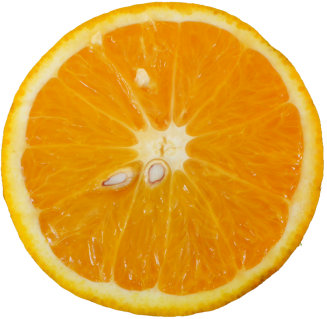
Find out more…
This site is dedicated to improving our understanding of phytochemicals, especially their capacity to contribute to our long term health… Read more
Phytochemicals are typically grouped into the following broad categories, with many vitamins (such as vitamin C) also considered phytochemicals… Read more
Australia is home to a huge diversity of significant plants and has ancient biological links with Africa, India and South America, and… Read more
How plants are grown affects the concentration of phytochemicals. Cultivation techniques can be refined to enhance the… Read more
Buy the Book
$30.00 + P&H
This book brings the science of plant compounds to people interested in healthy eating and nutrition. It interprets the latest scientific research about health promoting phytochemicals that are supplied to us in common fruit and vegetables (including nuts, legumes and whole grains), herbs and spice.


